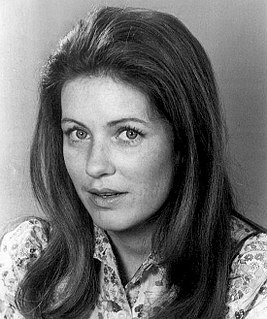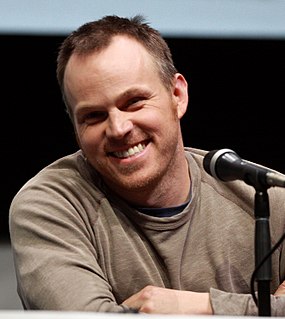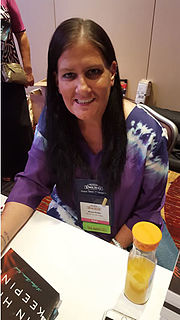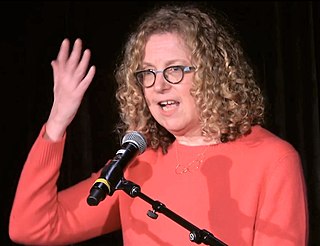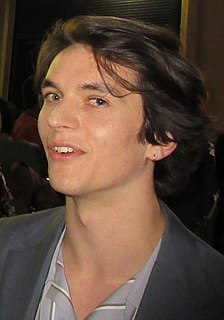A Quote by Patty Duke
All I will tell you is that I play a small role in someone's happily ever after.
Related Quotes
There is something infinitely better than happily-ever-after. There is happiness. Happiness is a living, dynamic thing, Eve, and has to be worked on every moment for the rest of our lives. It is a far more exciting prospect than that silly static idea of a happily-ever-after. Would you not agree?" - Aidan Bedwyn
I realized that searching for a mentor has become the professional equivalent of waiting for Prince Charming. We all grew up on the fairy tale "Seeping Beauty," which instructs young women that if they just wait for their prince to arrive, they will be kissed and whisked away on a white horse to live happily ever after. Now young women are told that if they can just find the right mentor, they will be pushed up the ladder and whisked away to the corner office to live happily ever after. Once again, we are teaching women to be too dependent on others.
The unblemished ideal exists only in happily-ever-after fairy tales. Ruth likes to say, "If two people agree on everything, one of them is unnecessary." The sooner we accept that as a fact of life, the better we will be able to adjust to each other and enjoy togetherness. "Happily incompatible" is a good adjustment.
She wanted happily ever after more than he could possibly know. She wanted forever. Problem was, she just wasn’t sure she believed in it anymore. It was why she clung to her fiction so much. She immersed herself in books because there she could be anyone and it was easy to believe in love and happily ever after
And isn't that, at it's core, what the princess fantasy is about for all of us? "Princess" is how we tell little girls that they are special, precious. "Princess" is the wish that we could protect them from pain, that they would never know sorrow, that they will live happily ever after ensconces in lace and innocence.
